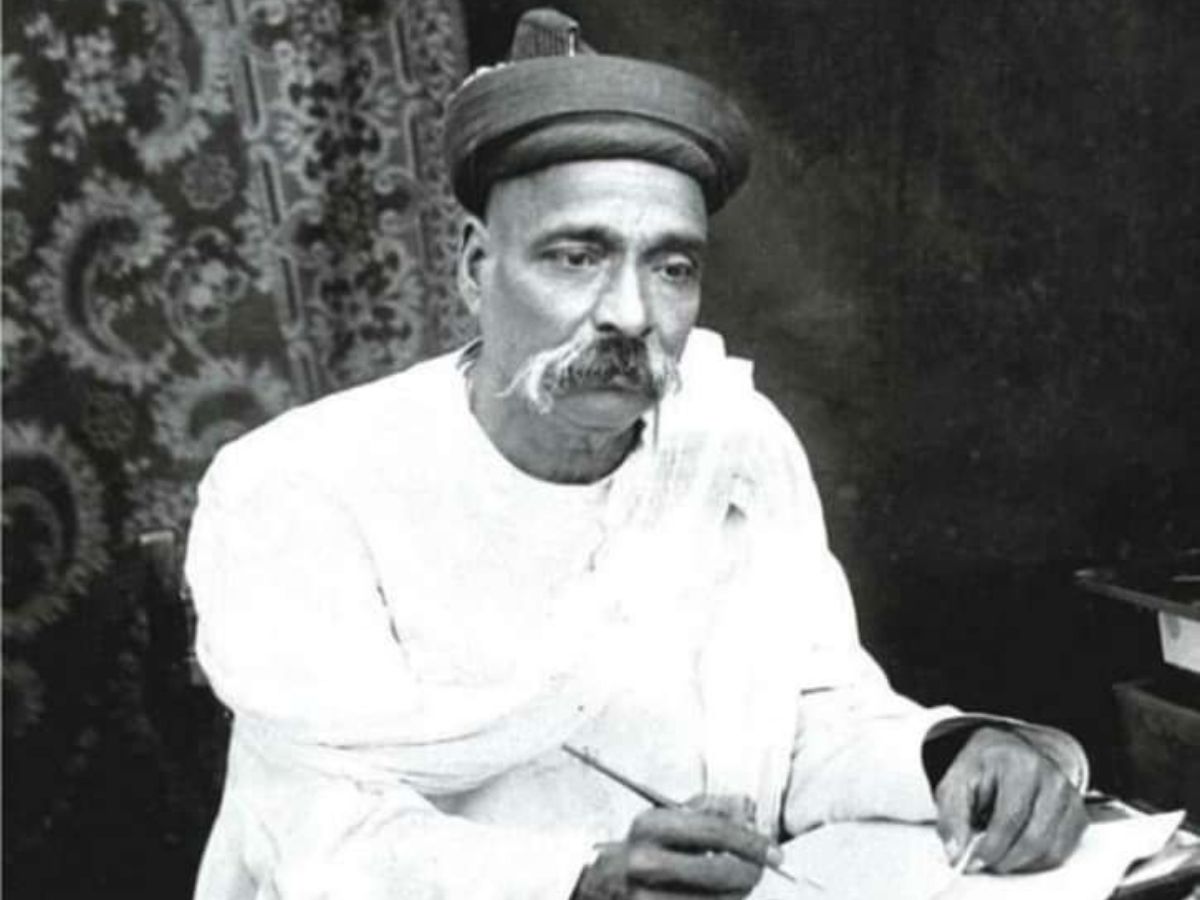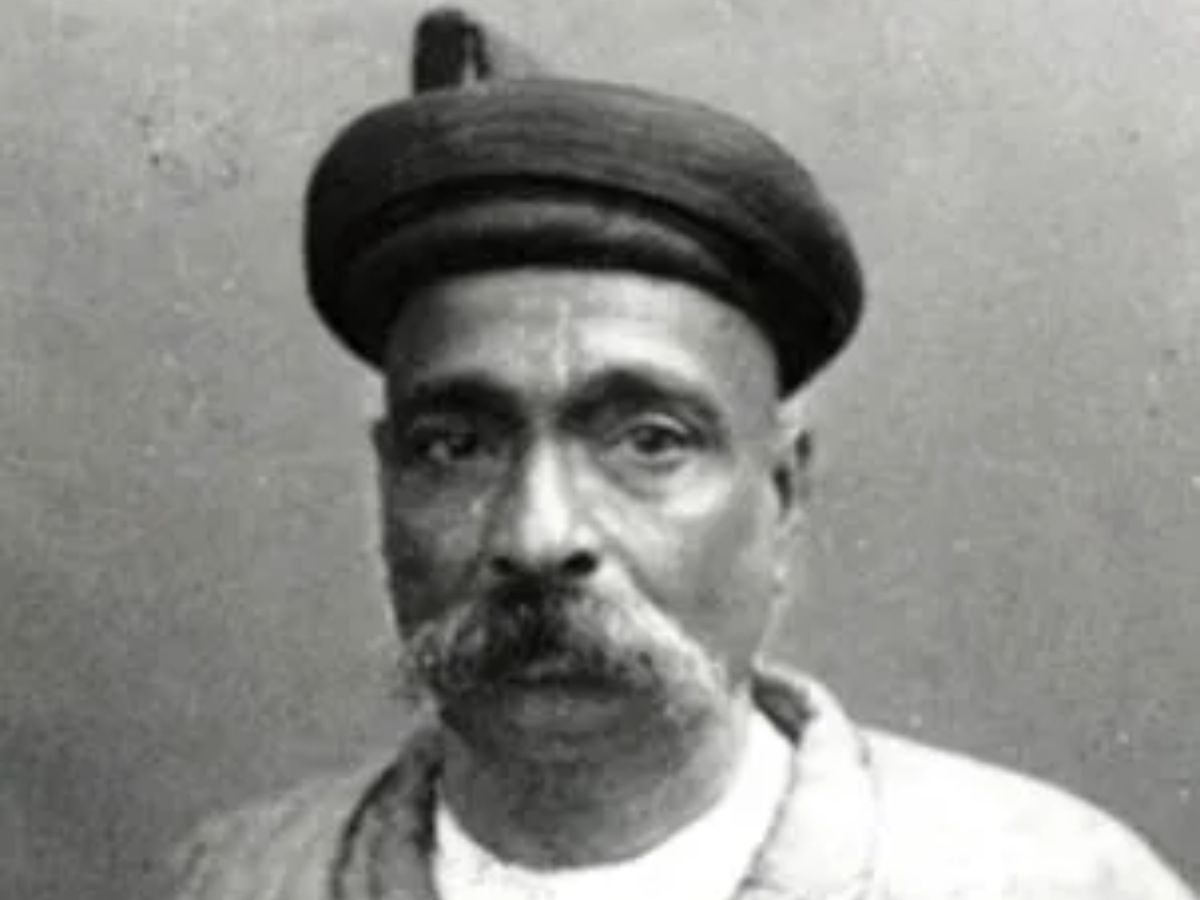Remembering Lokmanya Tilak: Quotes That Continue to Resonate on His Death Anniversary
His strong quotes are very much applicable on the day of the death anniversary of Lokmanya Tilak. In breaking out with the pronouncement, Swaraj is my birthright, to fighting against untouchability and the association of religion with justice, Tilak fought against the colonial rule and social injustice. He encouraged fearless citizenship, sense of the nation, and civic duty in his teachings and festivals. His vision of Swarajya, Swadeshi and Boycott as a unified means of getting the freedom moulded the Indian liberation trail. He was a journalist who promoted ethics in the media. His line that life is short and history is long still has the future to come and act in courage, conviction, and a sense of long term national responsibility.

"Swaraj is my birthright, and I shall have it!"
The above quote became the slogan of the freedom movement in India. It was declared as a natural right of the Indian people, by Tilak in 1906 at Indian National Congress session where he said that self-rule was not a gift of Britons but this was a natural earthly right of the people. It showed his daring and aggressive style as opposed to the moderates at the time. This declaration was a call to nationalist spirit cutting across classes and regions in the country and all Indians joined hands in the fight against British rule. It transformed Tilak to a mass leader and played a pioneer role in making him the first to demand full independence and not reform, which started a new dawn in the politics of India.

"If God is put up with untouchability, I will not call him God."
This moderate and bold position concerning religion cannot be described as unanticipated behavior by Tilak, commonly regarded as a religious nationalist. Untouchability was a stance far radical than it is in a highly hierarchical society, and this stood out more so by someone who was very tradition oriented. It brought to fore his thoughts that religion should be attached to justice and morality. The rejection of the God who condones societal discrimination was a move by Tilak towards a redemptive and integrative approach towards faith. His text contain some of the first seeds of equality in societal life, even in the nationalist motion, as reformers mature safe-houses incorporated the battle against colonialism and domination to the combat against caste-based systems of oppression and alienation.

"Religion and practical life are not different. To take sanyas is not to abandon life."
Tilak regarded the religion as not being a mere ritual but it should be in totality with action and also with the civic life. In opposition to spiritual leaders who withdrew into the worldly affairs, Tilak promoted karmic approach which entailed involvement in the society to make the nation better. He incorporated patriotic learning into religious festivals such as Ganesh Utsav and Shivaji Jayanti and it made religious congregations spread messages of political consciousness. This is one of his philosophy of Karmayoga and it is used to instill in those citizens to be active, responsible and social citizens. It re-conceptualized religion as it was no longer perceived as platform of retreat but rather it became an instrument of group empowerment and reform.

"The problem is not the lack of resources, but the lack of national consciousness."
Tilak reminded that India was weak not just because it was poor or because it was colonized, but because of the way the people thought. This is a quote in which he calls Indians to be united and proud and aware of their power as a race. He was of the view that the British could dominate, only because Indians were handicapped when it comes to political will, unity, and confidence. In bringing this type of consciousness to awareness with his writings and speeches Tilak was hoping to create a national identity that was not a factor of caste, language or region. His insistence on the role of consciousness applies to the present-day as well since it requires social and political awareness to be the foundation of advancement.

"Our nation is like a tree of which the original trunk is swarajya and the branches are swadeshi and boycott."
Tilak in this instance provided the description of how political freedom (swarajya), economic independence (swadeshi) and resistance (boycott) are all interrelated giving a vivid metaphor. He said the goal was Swarajya but it was not feasible to have it as a single thing. Boycott of the British goods reduced the influence of the colonial government and boosting of the native industries created a self-sustaining power of Indian people. Every branch was that which was needed to feed the freedom tree. This all round vision was a fore sight leading to Tilak possessing knowledge of grass roots economic revolution. His thoughts were later heavily influential to Mahatma Gandhi and other leaders who embraced non- cooperation and self-reliance as the major highlights of the Indian independence war.

"The press is a great power, but just as an unchained torrent of water submerges whole countryside, an uncontrolled pen serves but to destroy."
Tilak was the editor of the Kesari and the Mahratta newspapers as this is why he understood the power of press that magnifies a lot to influence a mass of people. Although journalism helped him in waking up the nationalist thoughts, he had also highlighted on responsible writings. This quote shows that he knows media should behave ethically, be emissary of truth and justice, and not vengeance or negation. He cautioned that journalism was dangerous and a threat in a similar way to that of a flood. His sophisticated opinion was relevant at the moment when British censors were going after Indian press both because it defended the freedom of speech and because it issued an appeal to responsibility. The saying is very relevant in this age and era of misinformation and media trials.

"In India, the child is not born, he is reborn again and again until he learns to be fearless."
This is a strong quote that shows that Tilak believed in karmic reincarnation and national responsibility and is based off of Hinduism philosophy but used in the socio-political life. He thought that the only feature that characterized true citizenship was fearlessness. The fearful people would always be in the bondage, in all aspects, spiritual, social, and political. The point he made through the act of courage was the highlight of his vision of new Indian citizen: one who may defy authority, utter veracity, and deliver on dharma (righteousness). In his quote, he looked at fear as the main villain of development, and this was his strategy in trying to arouse the sleeping warrior present in all the Indians, the youngest to oldest freedom fighter.

"Life is short, but history is long."
Tilak reminds us that, human beings live a short time but what takes place during their lives resounds to many centuries. This is another quote that implies his feeling of legacy and sacrifice. Even though he had to go through imprisonment, opposition, and ultimately death at an early age, he considered his exertion of putting down some seed that will be reaped in the future generation. He encouraged Indians to take actions considering the long term perspective of history as the only changes could be implemented within a long period of time, yet, it can start with a few people. His life was not long, yet immense in the sense of making contributions to history-the ideas he presented formed generations of freedom fighters long after his death. This quotation teaches us about being humble, taking things into perspective, and the eternal power of selfless action.





